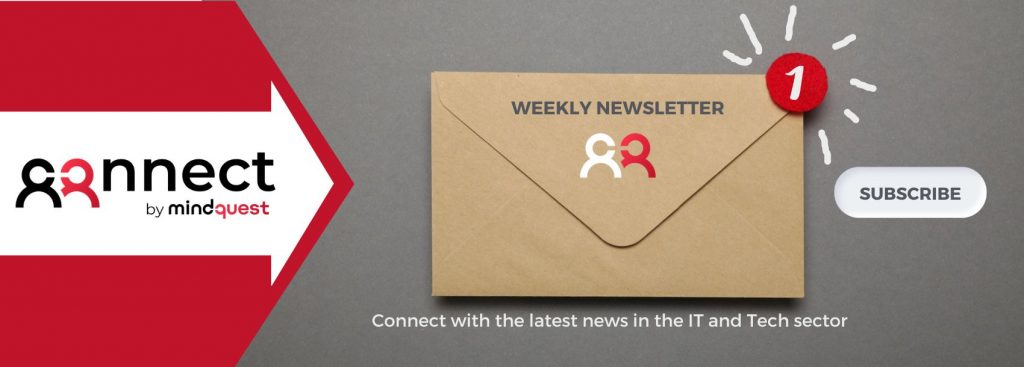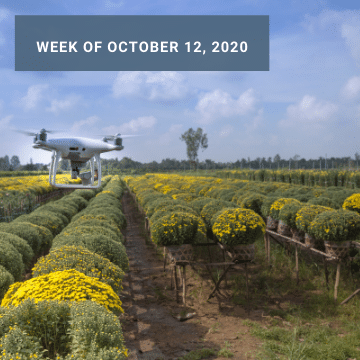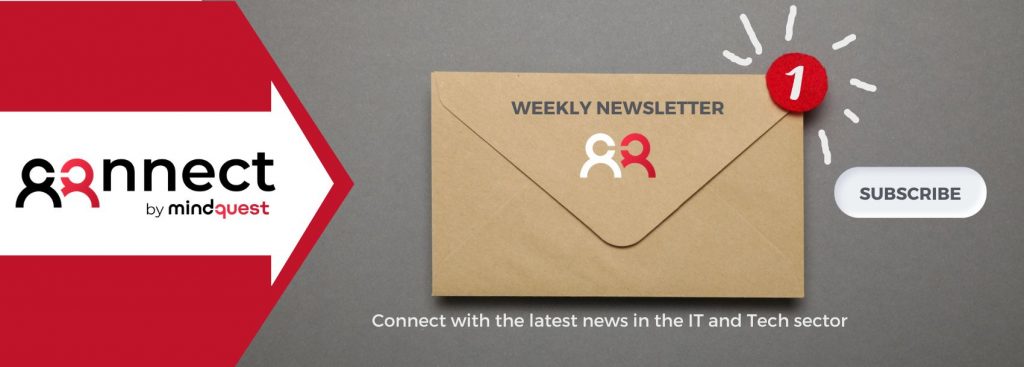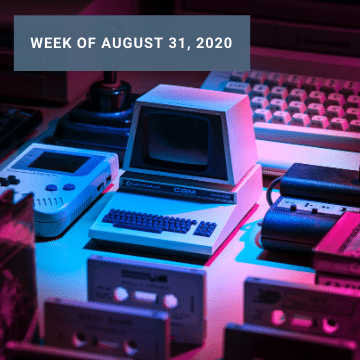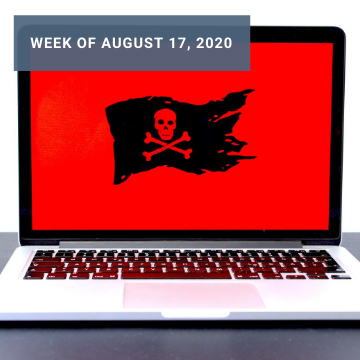Weekly news. Discover our news about IT: the rise of the machines, Bitcoin goes mainstream and Robin Hood strikes back
The rise of the machines
New report by the World Economic Forum (WEF) has forecasted that as much as half of all work tasks could be handled by machines by the year 2025. The rise of machines.
The think tank’s research, which spanned 300 of the world’s biggest companies, estimates that the so-called “robot revolution” will create 97 million jobs around the globe but destroy almost as many. 43% of respondents felt they were likely to cut jobs due to technological transformation in the near future.
Yet new jobs will emerge as a result, especially in the areas of healthcare, big data and the green economy. However, the Forum is calling for a conscious effort to ensure that no sectors of society are left behind.
Bitcoin goes mainstream
PayPal has announced that it will start allowing transactions in Bitcoin. The firm will also provide support for other cryptocurrencies including Ethereum and Litecoin.
The new features, which will debut in the U.S. shortly and worldwide next year, mark an important milestone in the normalisation of cryptocurrencies.
The company sees the economy’s shift to digital currencies as inevitable, and it is committed to helping make them easier to use by the broader public.
Robin Hood strikes back
A new emerging trend has cybersecurity and legal experts baffled: charitable cybercrime.
Also read our article & discover our interview: Leadership Failure: The Real Human Element Behind Cyber Attacks
The ransomware-as-a-business group DarkSide introduced itself to the world earlier this year, issuing a press release where they detailed how they picked their victims and pledged to leave non-profits, healthcare and governments alone.
Well – these cybercriminals with a strong moral code are now taking it to a whole new level: they are donating their profits to charities.
Two US-based organisations received equal payments of 0.88 bitcoin (or $10,000) in mid-October, money they say they will return as soon as possible. The authorities are warning NGOs around the globe to not accept donations from these cyber schemes, as that would make them legally liable for profiting from crime.
